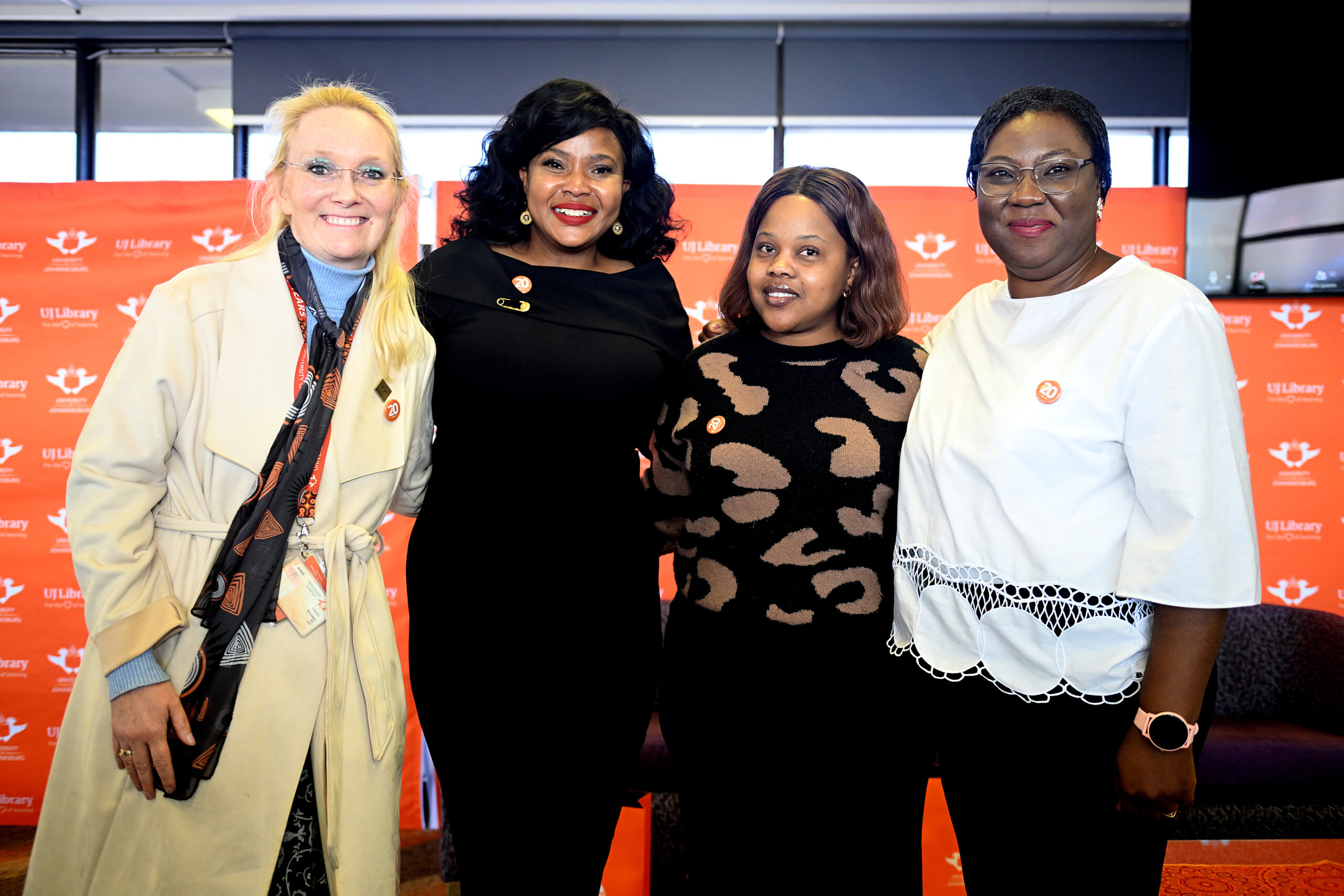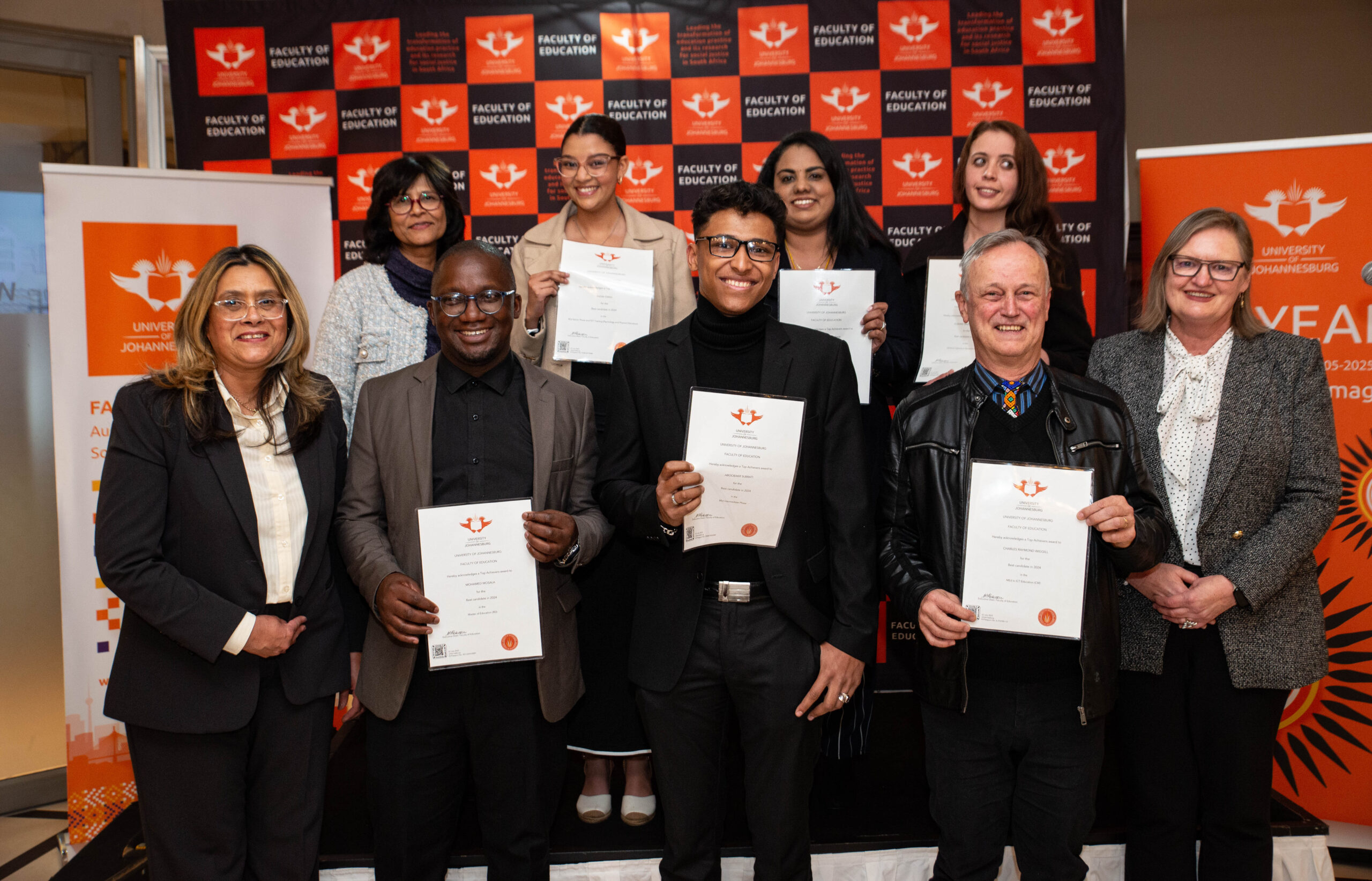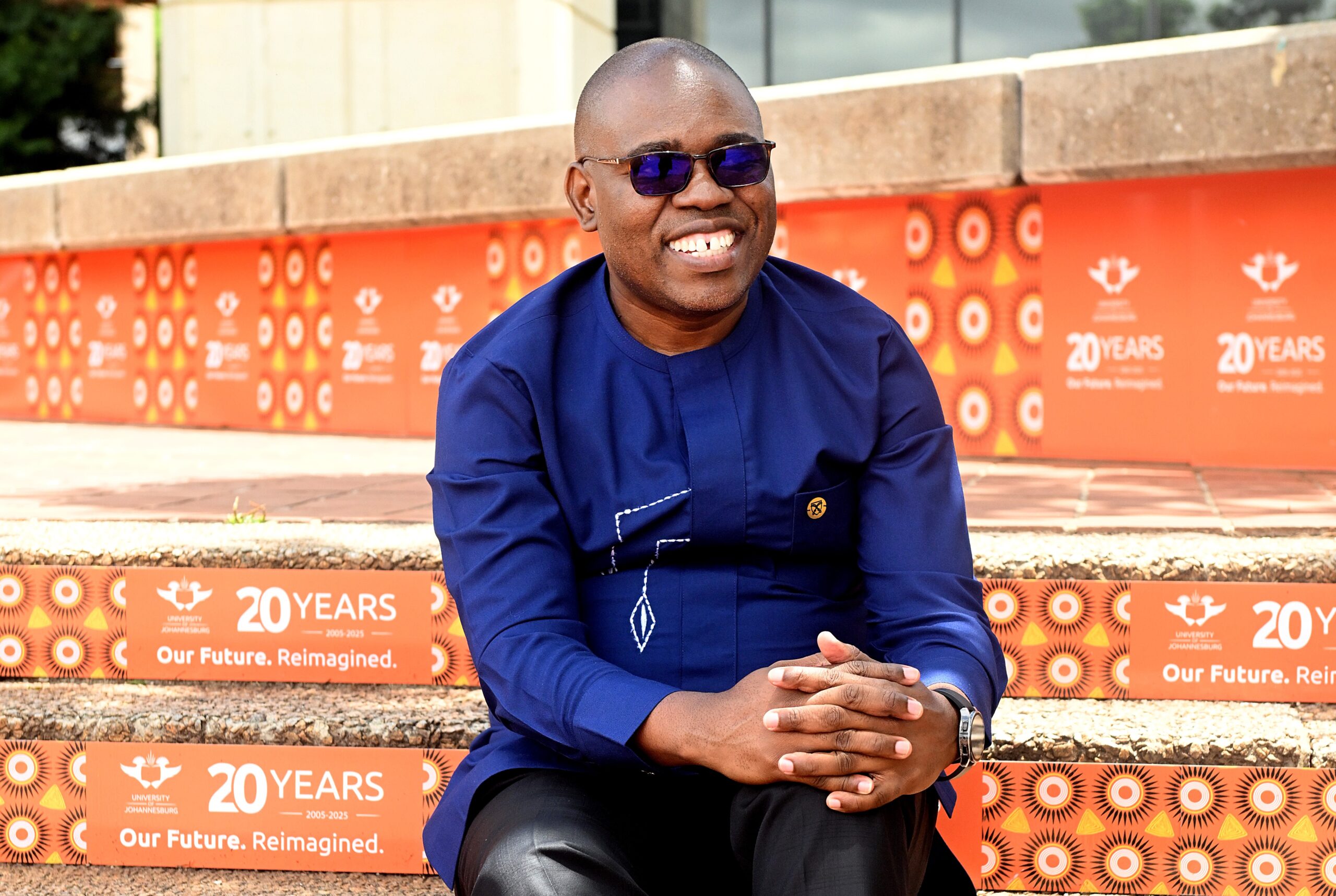Can social media and technology reinforce racism or other problems? This was one of the issues discussed during a high-level panel discussion on Wednesday 2 May 2018.
The panel, which focused on racism in the digital age, was hosted by the Nelson Mandela Foundation at its headquarters in Houghton, Johannesburg.
The panel included University of Johannesburg Vice-Chancellor Professor Tshilidzi Marwala, geneticist Professor Musa Mahlangu, and publisher of Stuff Toby Shapshak.
Mahlangu said the idea of race arose in the 19th century when European thinkers defined human beings in categories of race to create false ideas of superiority and inferiority.
“Science shows us that everybody on every continent is highly mixed in terms of race because there are variations between groups of people.” Black people, he said, were the least represented in the study of genes.
Shapshak said racism is reinforced by new media and technology. “People don’t use social media but they are used by social media for the purposes of advertising for financial gain.”
He added social media has an abundance of social ills like misogyny, racism, threats of rape and death. “On social media people say things they would otherwise never say to someone in person. Technology shows human nature in all its characteristics.”
The algorithms on YouTube, Google, Twitter and Facebook have failed to protect the minorities especially racially, Shapshak said, adding that there are a lot of biases in the programming.
An audience member was unhappy about how Google Maps programmed speech is not created using African inflections and that he had to “listen to it three or four times” before he could understand the enunciation.
Marwala argued that speech-recognition technology failed African people because names and places are mispronounced.
“Any technology can be used for the good or bad. Socially, we need to participate. Politically we need technological support and awareness. Economically, we need to invest in research and development,” he said adding that if nothing was done we would see “a new kind of colonisation”.
*This article was first published in City Press, Thursday 3 May 2018.*



